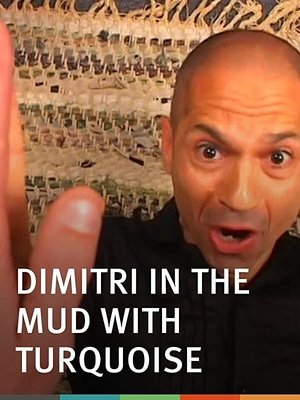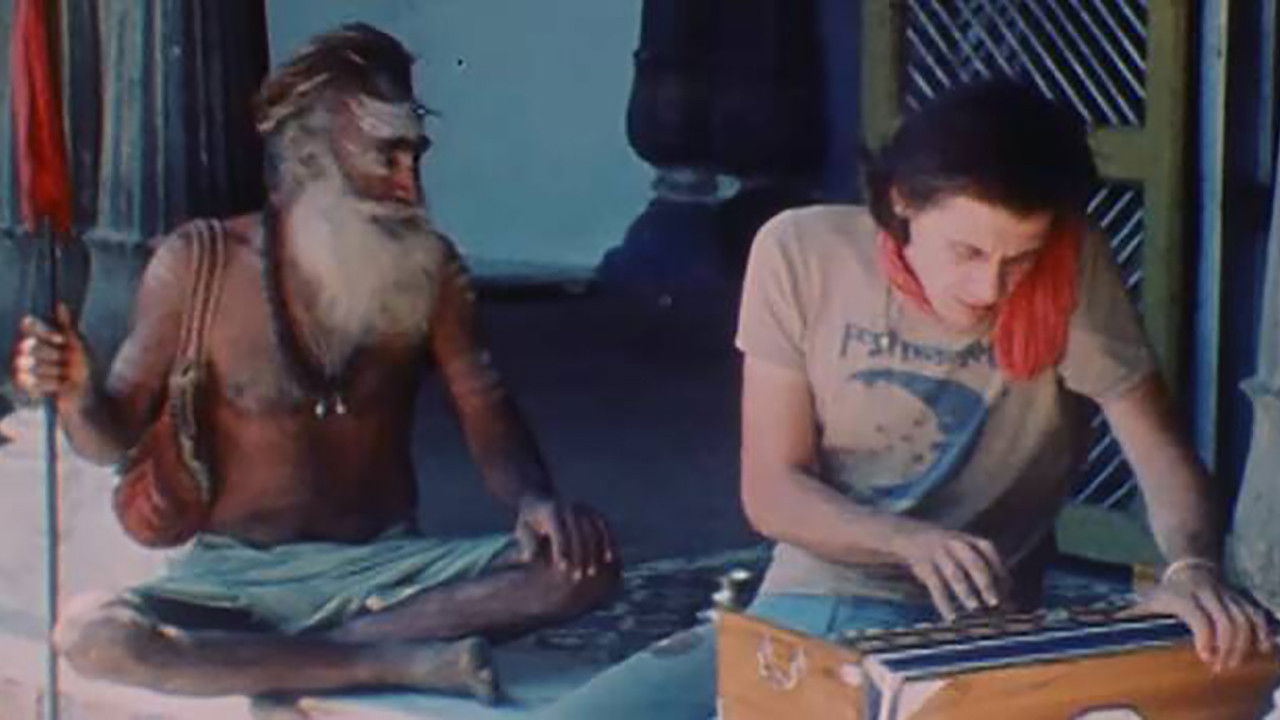
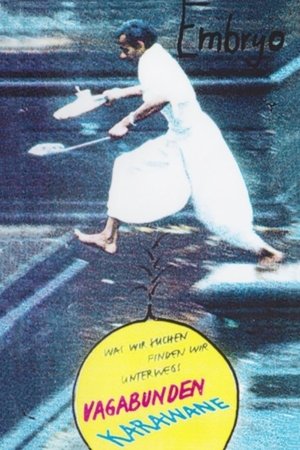
Vagabond's Band(1980)
In 1979, krautrock group Embryo toured Iran, Afghanistan and India by bus, while performing with local musicians and documenting their trip.
Movie: Vagabond's Band
Top 8 Billed Cast
Themselves
Self
Self
Self
Self
Self
Self
Self

Vagabunden Karawane
HomePage
Overview
In 1979, krautrock group Embryo toured Iran, Afghanistan and India by bus, while performing with local musicians and documenting their trip.
Release Date
1980-01-01
Average
0
Rating:
0.0 startsTagline
Genres
Languages:
DeutschKeywords
Similar Movies
 7.5
7.5CAN: The Free Concert(en)
The experimental German krautrockers CAN's legendary "Free Concert," recorded in Cologne's Sporthalle, Germany, on February 3, 1972. The circumstances of this Cologne show were unusual. Rather improbably for such an experimental band, Can actually scored a chart success in Germany with "Spoon," which would later be tacked onto the end of Ege Bamyasi.
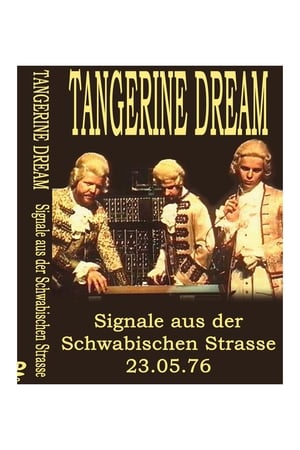 0.0
0.0Tangerine Dream - Signals from the Schwäbischen Strasse(de)
German TV film, also shown on Spanish TV in 1976, this is a film all about TD which includes informal interviews and concert/studio footage, most of which seems to have been done exclusively for the film. The interviews are in the German language. The street name in the title refers to where Edgar Froese used to live in Berlin (apparently Klaus Schulze lived on the same street at the time) and is now the site of the TDI offices.
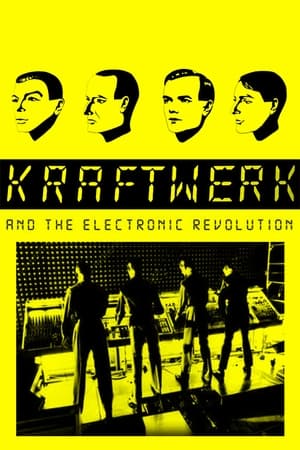 8.8
8.8Kraftwerk and the Electronic Revolution(en)
Kraftwerk's vision of a keyboard-driven world of clicking metronomic rhythms and digitised sound bites may have been the stuff of avant fantasy in the 1970s (the decade that saw the band's first groundbreaking albums), but it is a reality in the new millennium. Their visionary style is explored in KRAFTWERK AND THE ELECTRONIC REVOLUTION, a study of the group, their career and their emergence as the most influential electronic band in the world.
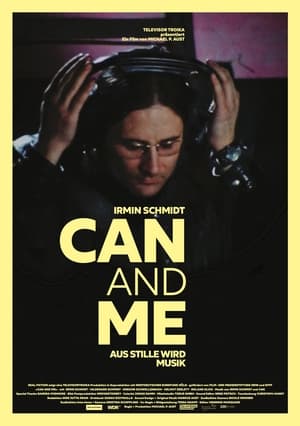 6.0
6.0CAN and Me(de)
In 1968, musician Irmin Schmidt and friends founded the avant-garde band "Can", which achieved worldwide fame. Schmidt also made a name for himself as a composer for films by Wim Wenders. In this documentary, the charismatic sound tinkerer looks back on his life and career.
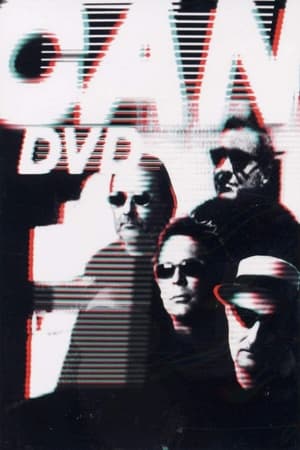 6.5
6.5CAN: The Documentary(en)
The late-'60s avant garde rock band CAN gets a feature-length tribute with this affectionate documentary chronicling its odd inception and subsequent career. In CAN -- The Documentary, the remaining band members are interviewed amidst culled together archival footage from talk shows, concerts, and television appearances to paint a portrait of a band who always remained happily on the sidelines of mass appeal, mixing street music, jazz, folk, and rock into a sometimes poppy, sometimes abstract stew. The band's influence on such seminal acts as Sonic Youth and Talking Heads is also analyzed.
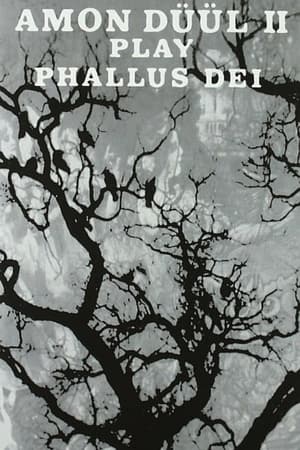 0.0
0.0Amon Duul II: Plays Phallus Dei(en)
Directed by German filmmaker Rüdiger Nüchtern, this behind-the-scenes rock documentary captures Amon Düül II, as the progressive rockers record their debut album, "Phallus Dei," in a Munich recording studio in 1968. Blending performance footage with a collection of psychedelic nature clips, Nüchtern's meditative film captures the true essence of the legendary krautrock collective. The movie premiered at the Edinburgh Film Festival.
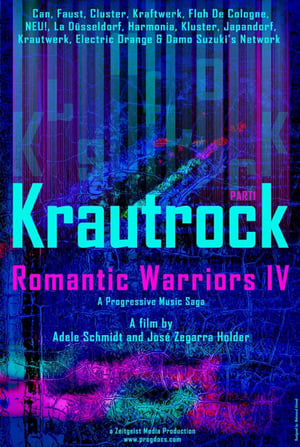 0.0
0.0Romantic Warriors IV: Krautrock (Part I)(en)
The fourth in a series of feature-length documentaries about Progressive rock written and directed by Adele Schmidt and José Zegarra Holder. Krautrock, Part 1 focuses on German progressive rock, popularly known as Krautrock, from in and around the Cologne, Düsseldorf, and Hamburg regions of Germany. Artist featured include Kraftwerk, Neu, Can, Faust and others.
 9.0
9.0BAUS '93(ja)
1993 recording of band Les Rallizes Dénudés performing at the Baus Theater.
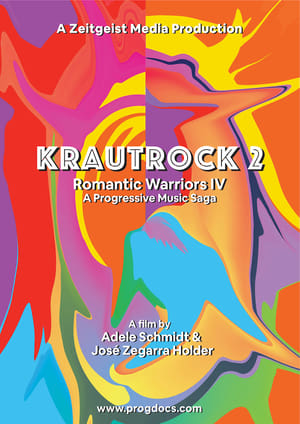 0.0
0.0Romantic Warriors IV: Krautrock (Part 2)(en)
Romantic Warriors IV: Krautrock (Part 2) is the 2nd film of the Krautrock Trilogy, and explores eminent Krautrock bands from the South of Germany. Part 2 focuses on bands from Munich, Wiesbaden, Ulm, and Heidelberg, and highlights a more recent band from Aachen.
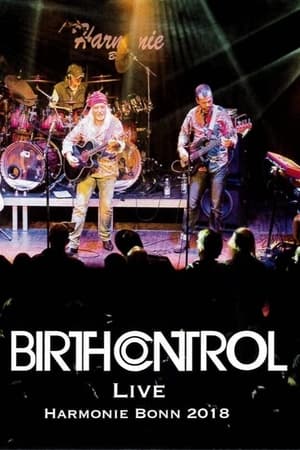 0.0
0.0Birth Control - Live in Harmonie Bonn(de)
Live performance of the prog legends Birth Control. The concert recording contains new material, but also well-known classics, handmade grooves, interesting harmonies, burning solos and soulful rock vocals in front of an enthusiastic audience.
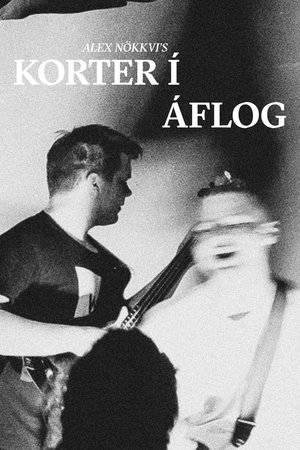 0.0
0.0Korter í Áflog(is)
Documents the band "Korter í Flog". Their way to the top and their ultimate downfall. Post-dreifing, THAT Húrra concert and so much more.
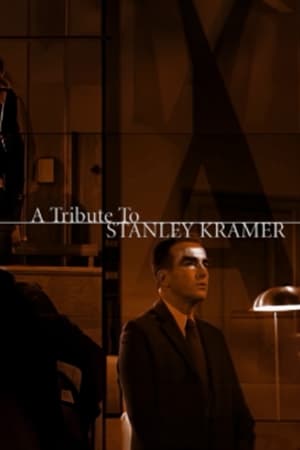 0.0
0.0A Tribute to Stanley Kramer(en)
A celebration of Stanley Kramer's life and career, featuring interviews with Karen Sharpe, his widow, and screenwriter Abby Mann.
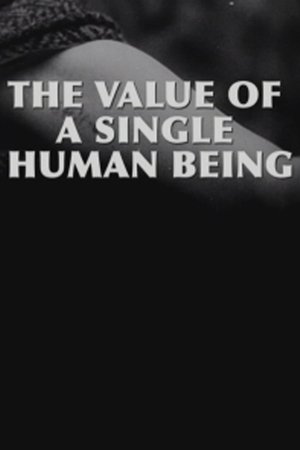 0.0
0.0The Value of a Single Human Being(en)
Abby Mann discusses his Oscar-winning screenplay and his inspirations.
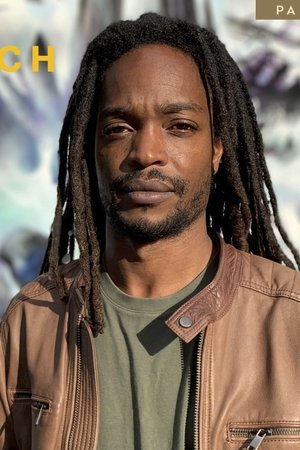 0.0
0.0Sex on the Beach(en)
In recent years, stories of older British women hooking up with younger Gambian men have made news headlines, from one-night stands to whirlwind weddings. But what's the truth behind the stories? Seyi Rhodes investigates.
 0.0
0.0In Conversation: Abby Mann and Maximillian Schell(en)
The actor and the writer reminisce about working on both the Playhouse 90 and Stanley Kramer versions of "Judgment at Nuremberg."
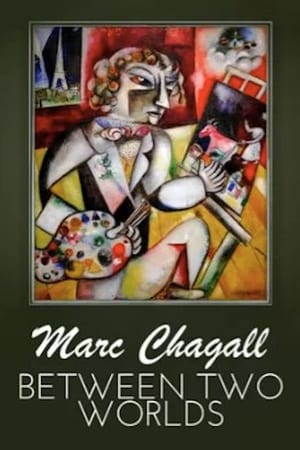 0.0
0.0Marc Chagall – Between Two Worlds(fr)
Marc Chagall was an artist caught between two worlds, between traditional art and modernism, figuration and abstraction. The film accompanies him on an important stage of his life from 1910 to 1930, between Paris and Vitebsk. Chagall's home town was a laboratory for the artistic avant-garde in Belarus, while Paris was the center of modern art movements.
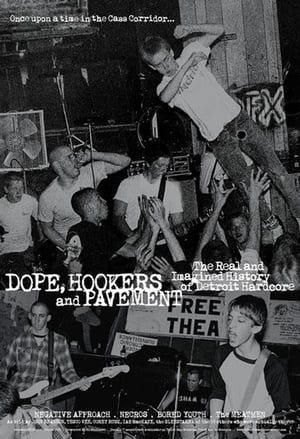 0.0
0.0Dope, Hookers and Pavement(en)
"Dope, Hookers and Pavement" is a lively and unfiltered account of the early days of the Detroit hardcore punk scene, circa 1981-82, in the notorious Cass Corridor, arguably one of the worst neighbourhoods in the city at the time. Featuring over 70 in-depth interviews — including John Brannon (Negative Approach), Tesco Vee (Meatmen, Touch and Go), Ian MacKaye (Minor Threat, Dischord Records), pro skater Bill Danforth, scene kids, and members of the Necros, The Fix, Violent Apathy and Bored Youth — and never-before-seen Super8 footage of the Freezer, "Dope, Hookers and Pavement" is both hilarious and reflective, and an overdue record of a nearly invisible but magic little moment in the long history of Detroit rock'n'roll.
 10.0
10.0Super Junior World Tour "SUPER SHOW 8: INFINITE TIME"(ko)
Super Show 8: Infinite Time is the fifth world concert tour and eighth international tour by South Korean boy band Super Junior, in support of their ninth studio album, Time_Slip.
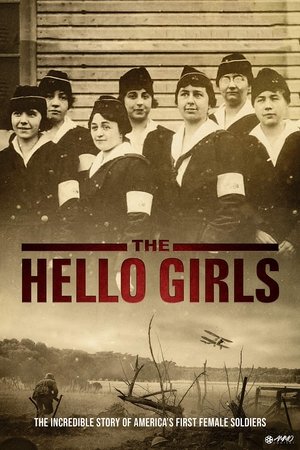 8.0
8.0The Hello Girls(en)
In 1918, the U.S. Army Signal Corps sent 223 women to France as telephone operators to help win the Great War. They swore Army oaths, wore uniforms, held rank, and were subject to military justice. By war's end, they had connected over 26 million calls and were recognized by General John J. Pershing for their service. When they returned home, the U.S. government told them they were never soldiers. For 60 years, they fought their own government for recognition. In 1977, with the help of Sen. Barry Goldwater and Congresswoman Lindy Boggs, they won. Unfortunately, only a handful were still alive.
